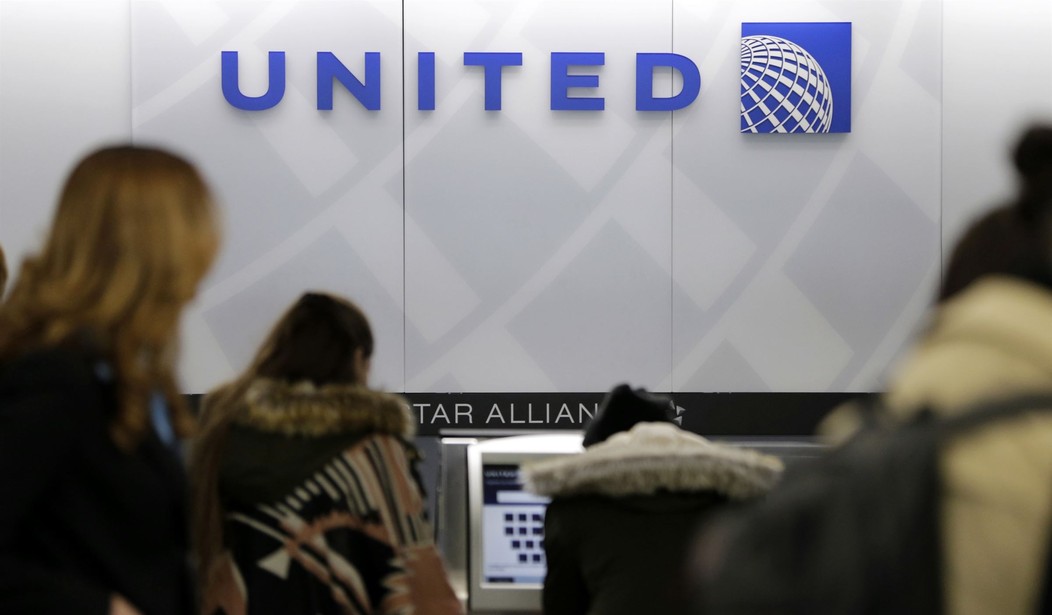United Airlines CEO Scott Kirby is calling out other carriers for trying to fly too many routes with too few workers. Other operators won’t be able to handle all the flights they plan to operate this year. This will lead to more disruptions for airline travelers.
It isn’t 2019, pre-pandemic, anymore. Airlines are still operating like it is, though, according to Kirby. There is a shortage of pilots and other workers now, plus outdated technology, and a general strain on the FAA, which manages the nation’s airspace.
“The system simply can’t handle the volume today, much less the anticipated growth,” Kirby said. “There are a number of airlines who cannot fly their schedules. The customers are paying the price.”
Look no further than the massive chaos created during late December with Southwest Airlines. Kirby doesn’t mention any airline by name but it’s clear who he means. First a winter storm was blamed for the cancellation of almost 17,000 flights. Then we learned it was an overwhelmed airline crew scheduling software program. It obviously couldn’t have simply been the weather – the other airlines had to deal with the same weather and their cancellations didn’t rise to the level that Southwest’s did. Other airlines, including Alaska, Frontier and Spirit, also had double-digit flight cancellation rates in late December.
These remarks were made during a call with analysts and reporters. It was billed as a discussion of United’s fourth-quarter financial results. He made a point of separating his airline out from the others. It’s unusual for airline executives to take shots at competitors, usually they strike an optimistic tone. They treat flight disruptions and other setbacks as the fault of Mother Nature, or something else beyond their control.
Kirby said that United is taking a different approach. United has invested in technology, schedules more employees per flight than before the pandemic, keeps more spare planes, and isn’t pushing the schedule too hard. The downside to all that is it has raised the airline’s cost about 15% above 2019’s level to fly one mile, not counting fuel.
Maybe Kirby has a touch of bitterness he’s dealing with. Even with all the updates and preparation, United did not have the best canceled flights rate last year. Shares of stock are down more than United’s rivals. Delta saw a narrow gain.
United’s rate of canceled flights last year was slightly better than most rivals but not the best. Among the six largest U.S. airlines, Delta canceled 1.4% of its scheduled flights in 2022 while United dropped 2.0%, Alaska 2.4%, American 2.5%, Southwest 3% and JetBlue 3.1%, according to tracking service FlightAware.
All of those airlines faced another obstacle last week. More than 1,300 U.S. flights were canceled and 11,000 delayed in a single day after an FAA system that alerts pilots to safety issues broke down, temporarily halting all takeoffs.
Like American CEO Robert Isom and Delta CEO Ed Bastian, Kirby defended the FAA but said Congress doesn’t give the agency enough money to keep up with its growing workload, which now includes monitoring drones and rocket launches and stepping up its scrutiny of operators after two Boeing 737 Max tragedies in 2018 and 2019.
After the stock market closed Tuesday, Chicago-based United reported a profit of $843 million for the fourth quarter and predicted that 2023 earnings will easily top Wall Street forecasts. Still, shares of United Airlines Holdings Group Inc. lost 4.6% on Wednesday while most of its rivals fell by smaller amounts and Delta eked out a narrow gain.
It is being reported that Southwest airline pilots are considering going on strike during the busy summer travel season. On Wednesday the pilots called for a strike authorization vote to begin in May. There have been several years of unproductive contract negotiations. And, the airline is still recovering from the massive meltdown in December.
“It is not a decision we have taken lightly,” Capt. Casey Murray, president of the Southwest Airlines Pilots Association, said in a statement, “but given the trajectory of our current leadership group, we have little faith in the stability and future of our airline.”
The union represents more than 10,000 pilots who work for the Dallas-based carrier, which said the looming threat won’t affect operations. Southwest will continue to seek “an agreement that rewards our Pilots and places them competitively in the industry,” said Adam Carlisle, Southwest’s vice-president for labor relations, in a statement.
So, there’s that. A pilot strike at Southwest won’t help with potential disruptions this summer. Plan accordingly.









Join the conversation as a VIP Member